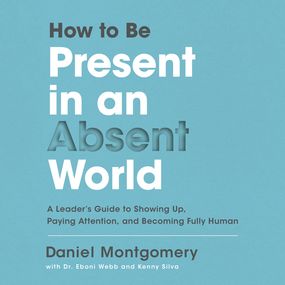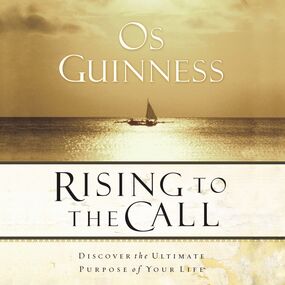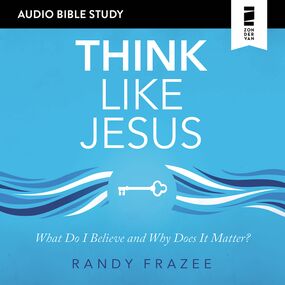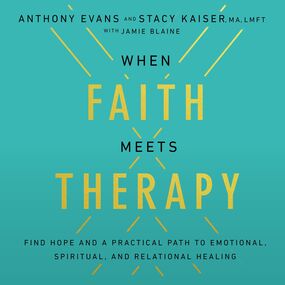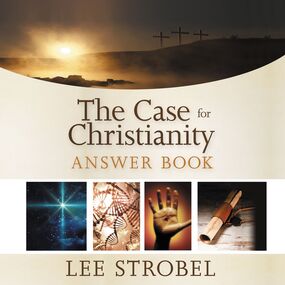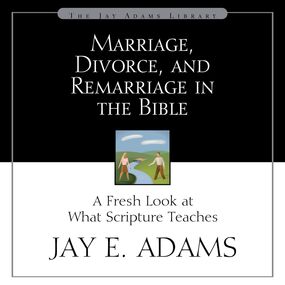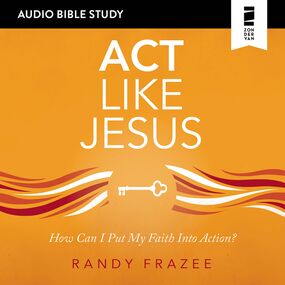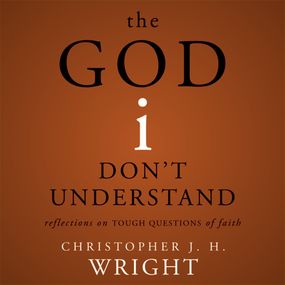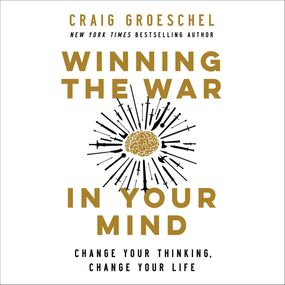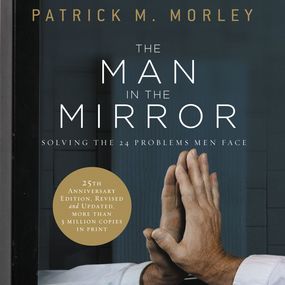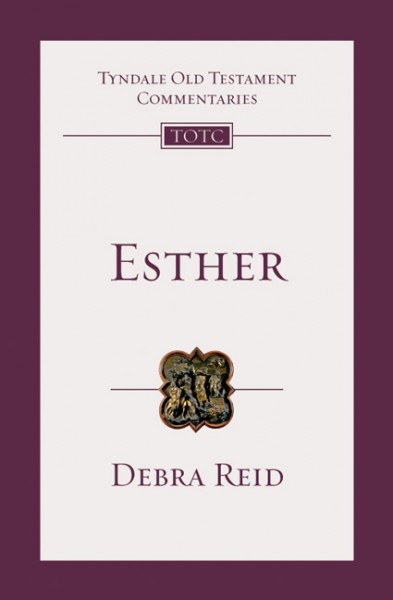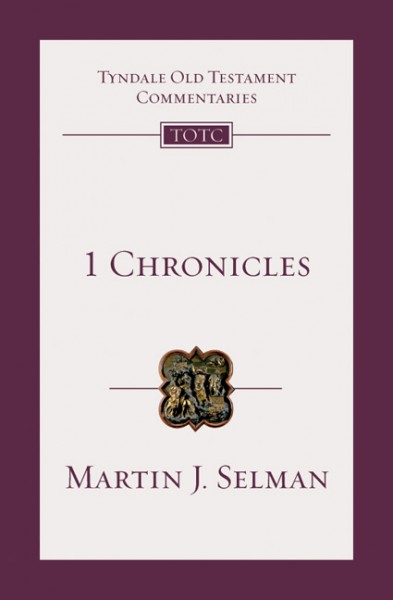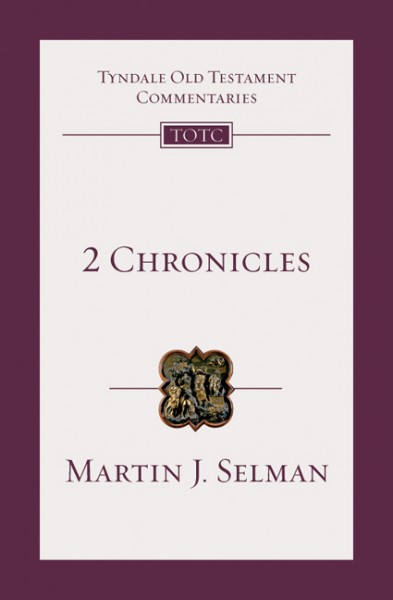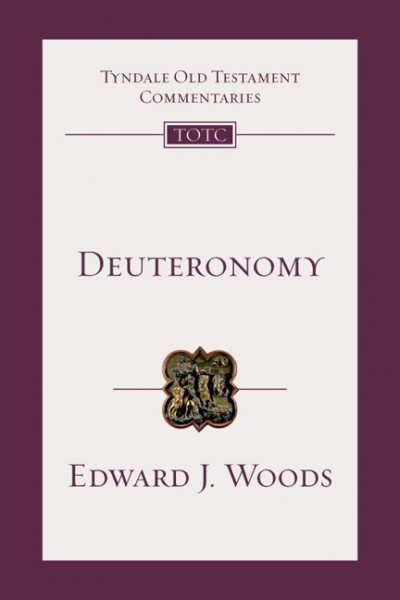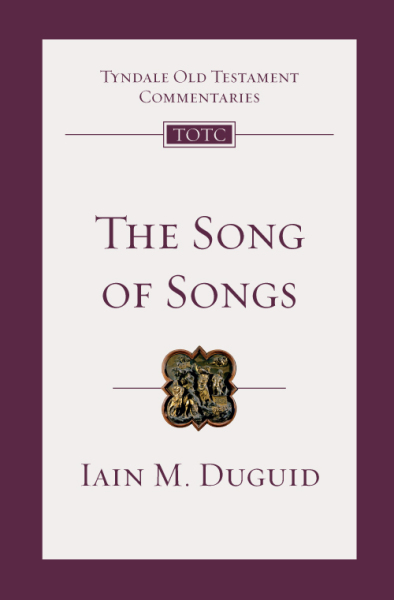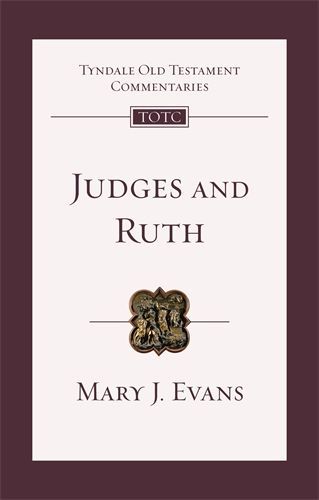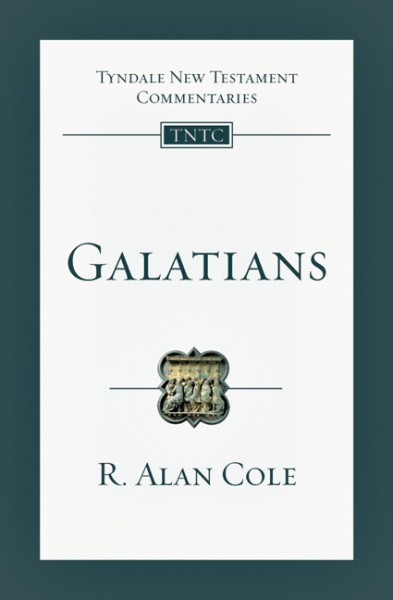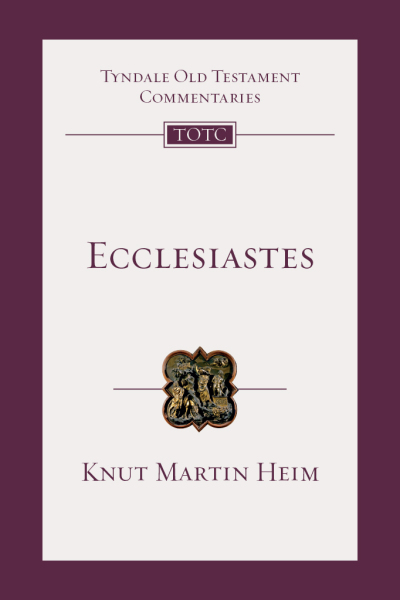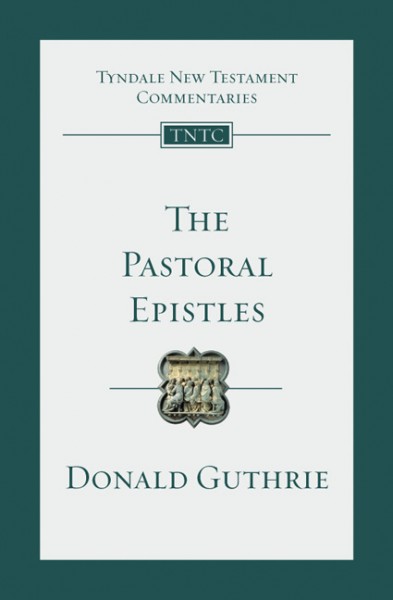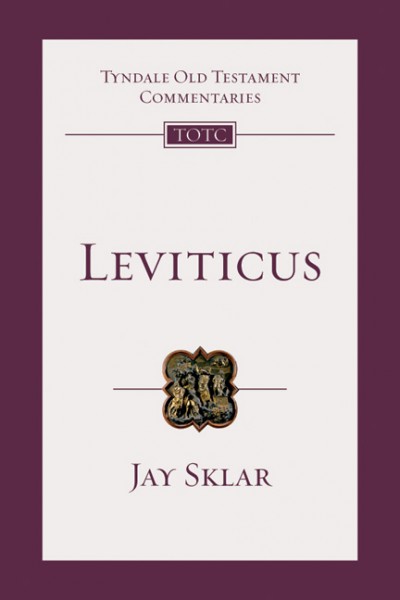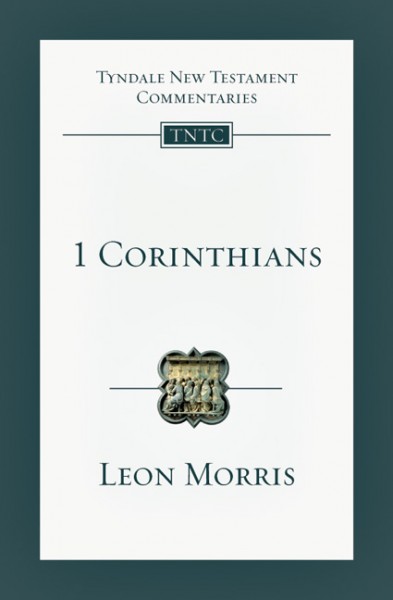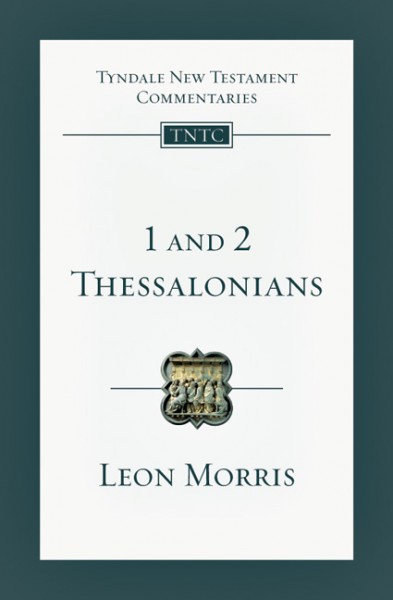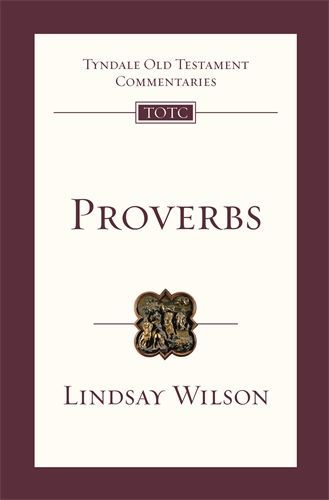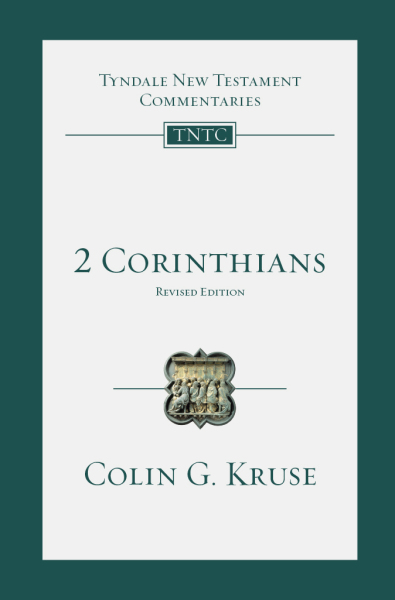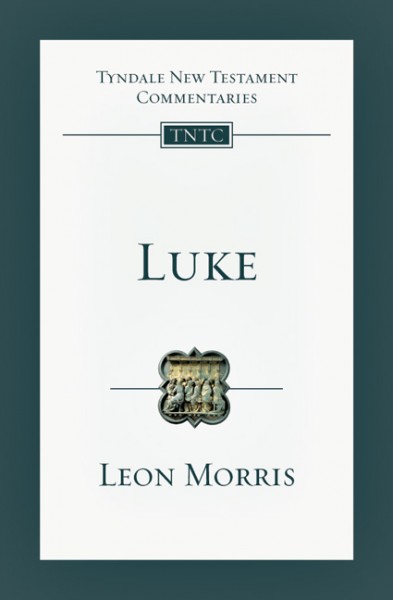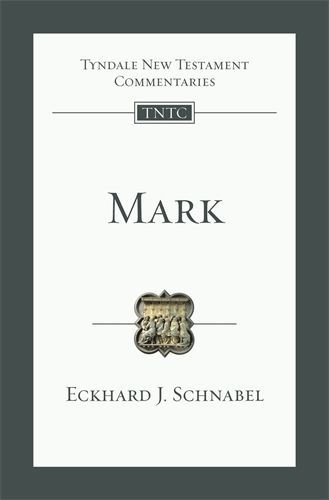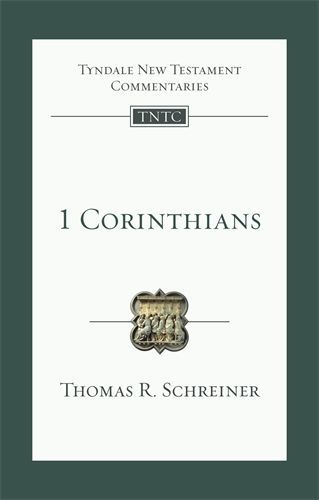

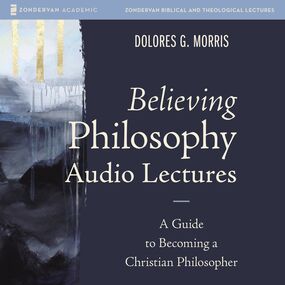
Believing Philosophy Audio Lectures: A Guide to Becoming a Christian Philosopher

Believing Philosophy Audio Lectures: A Guide to Becoming a Christian Philosopher
Believing Philosophy Audio Lectures introduces Christians to the tools and resources of philosophy, helping them understand, articulate, and defend their faith in an age of unbelief.
In the first half of sessions, instructor Dolores G. Morris explains why Christians should read and study philosophy. She begins by introducing learners to the long tradition of Christian philosophy, going on to explain the basic resources of philosophical reasoning: the role and aim of reason; distinctions between truth, reason, and provability; learning to read like a philosopher; and the fundamentals of philosophical arguments.
In the second half, Morris explores a sampling of philosophical topics relevant to the Christian faith. These lessons focus on the problem of evil and the moral argument for the existence of God. The problem of evil is often invoked as an argument for atheism. In response, the moral argument considers the reality of not only evil but of moral values in general as evidence for the existence of God. In evaluating these arguments, Morris also introduces students to a variety of Christian philosophical positions, including skeptical theism, the free will defense, Reformed epistemology, Christian ethical theories, and a number of theodicies and defenses of the faith.
